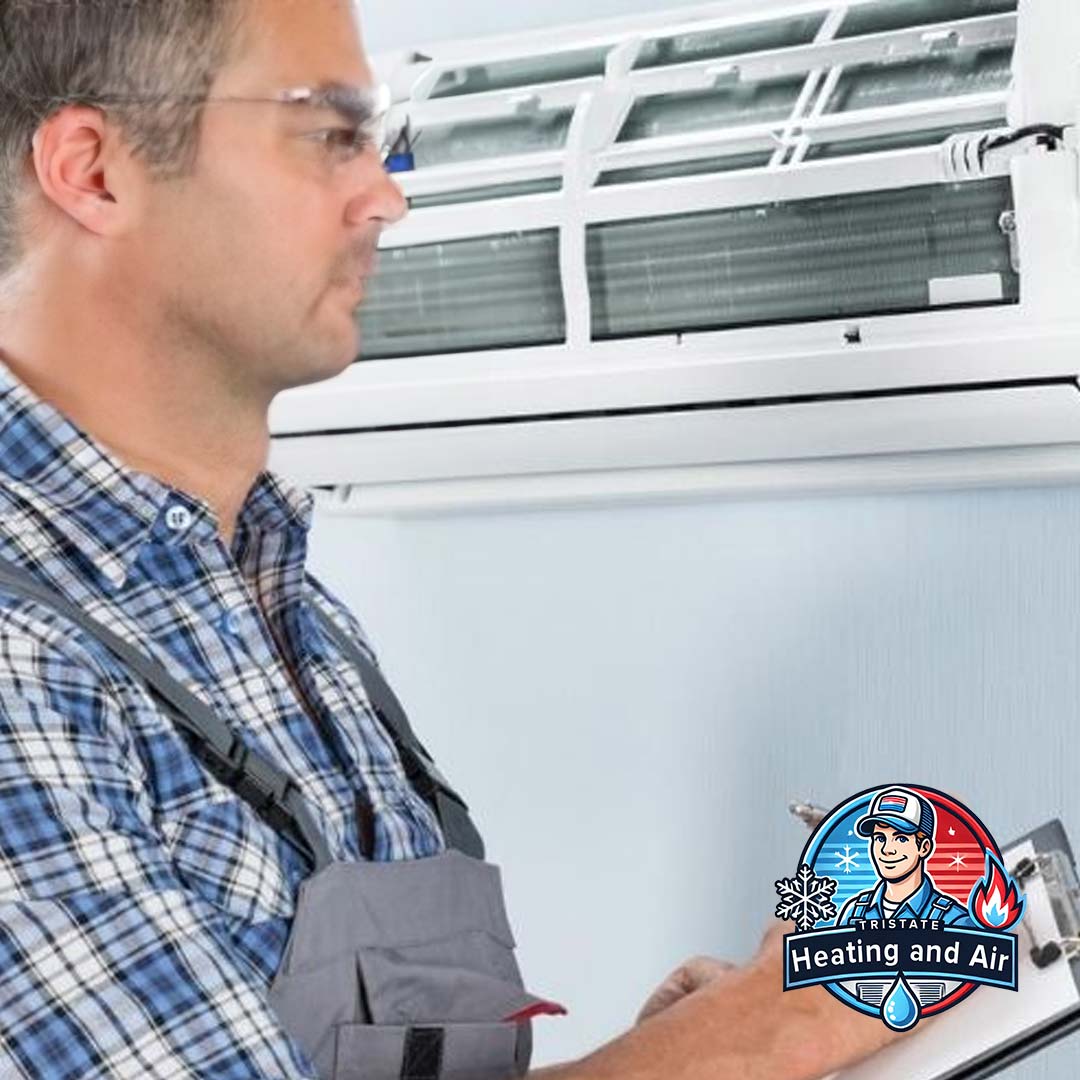Published: Sep 17, 2024

Your HVAC system is designed to keep your home comfortable with minimal disruption, so when unusual noises start coming from your unit, it’s often a sign that something isn’t quite right. Ignoring these sounds can lead to more serious issues down the line, so it’s important to identify and address them as soon as possible. In this article, we’ll explore the top 5 HVAC noises, what they might indicate, and when you should call in a professional for repairs.
A banging or clanging noise coming from your HVAC system is often a sign of a loose or broken part. This could be due to a disconnected rod, piston pin, or crankshaft in the compressor, or it could indicate that a fan blade or blower wheel is out of balance.
Squealing or screeching noises are typically caused by issues with the motor, such as a worn-out belt or bearing. These noises are often loud and can be quite alarming.
A rattling noise often indicates that something is loose inside your HVAC system. This could be as simple as a loose cover panel or something more serious, like a loose fan blade.
A hissing noise is often a sign of a refrigerant leak in your HVAC system. Refrigerant leaks can lead to reduced cooling efficiency and, if left unchecked, can cause damage to the compressor.
A buzzing noise coming from your HVAC system can have several causes, ranging from electrical issues to loose parts or debris in the unit.
Unusual noises from your HVAC system are often an early warning sign that something isn’t working as it should. By identifying the type of noise and understanding what it might indicate, you can take the necessary steps to address the issue before it leads to more serious problems. If you hear any of these noises coming from your HVAC system, it’s best to call a professional technician to diagnose and repair the issue, ensuring your system continues to operate smoothly and efficiently.

Our expert technicians are ready to assist you 24/7!
Contact Us Today!Read our latest articles for helpful information about heating, cooling, and air quality.
Making eco-friendly choices for your HVAC system is not only beneficial for the environment but can also lead to cost sa...
Read MoreSmart thermostats provide energy savings, increased comfort, remote access, smart integrations, and environmental benefi...
Read MoreRegular HVAC maintenance offers numerous cost-saving benefits, including improved energy efficiency, extended system li...
Read MoreImproving indoor air quality is essential for maintaining a healthy home environment. By implementing strategies such as...
Read More